ISPs bemoan BT superfast infrastructure pricing
BT defends its superfast broadband infrastructure prices, after competitors complain to the UK Government.
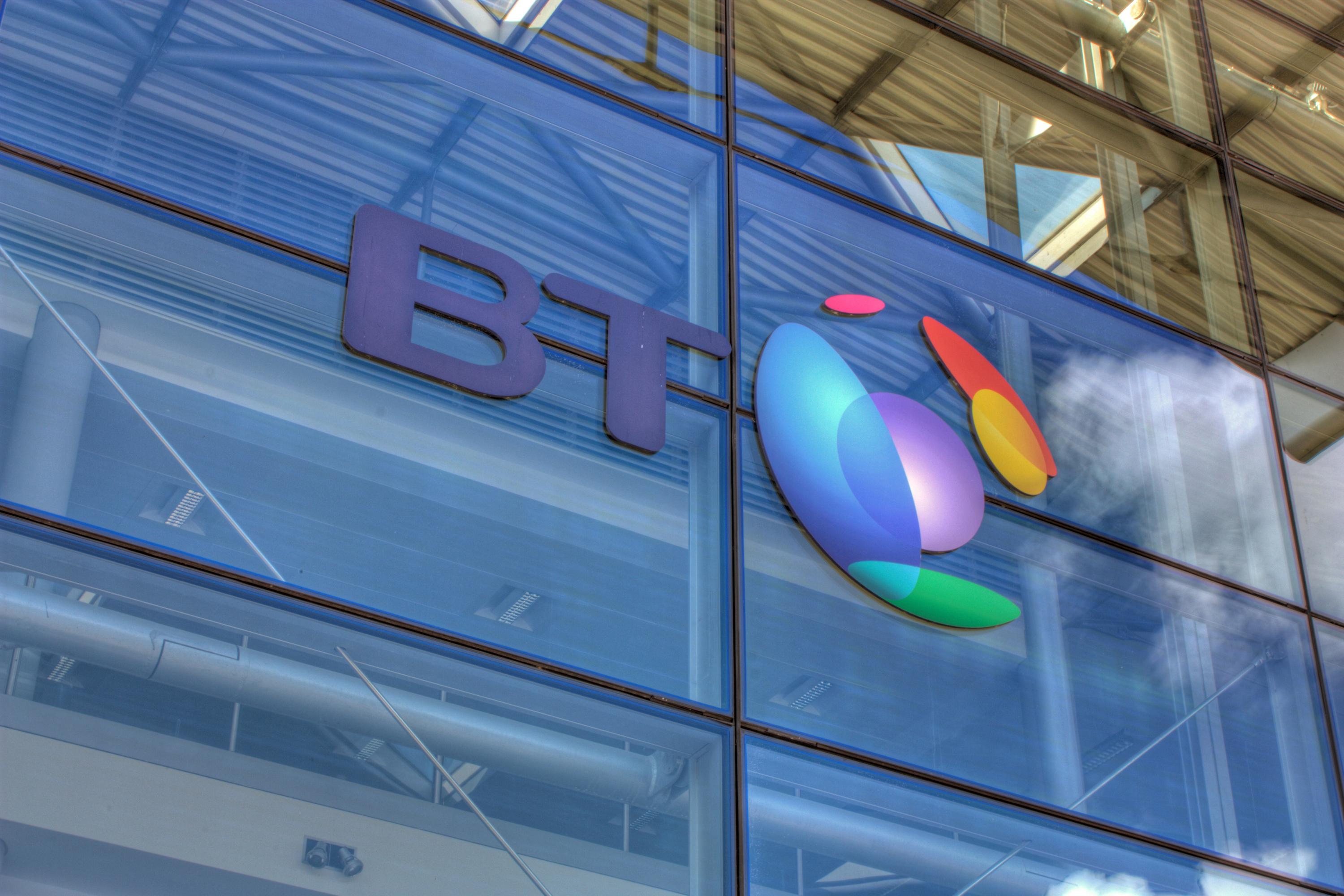

ISPs including Virgin Media and TalkTalk have sent an open letter to communications minister Ed Vaizey to complain about the cost of BT's superfast broadband infrastructure.
In the letter, ISPs claimed BT charged competitors too much to use its ducts and poles, to the extent it threatens the rollout of superfast services to rural areas.
The letter, dated 4 April, said "urgent intervention" was needed if the Government's 530 million Broadband Delivery UK (BDUK) project was to succeed.
BT's pricing also threatened "vigorous competition" in the superfast market, the ISPs claimed.
"We have prepared a body of evidence that demonstrates categorically that BT are charging between four to five times their underlying costs for PIA [physical infrastructure access]," the letter said.
"Moreover we have shown that it would be more cost effective to build an entirely separate duct and pole network in parallel with BT's existing network, than to consume the PIA product."
The letter suggested BT may not be "satisfying its regulatory obligation to provide access to its physical infrastructure estate on fair and reasonable terms."
Get the ITPro daily newsletter
Sign up today and you will receive a free copy of our Future Focus 2025 report - the leading guidance on AI, cybersecurity and other IT challenges as per 700+ senior executives
ISP wars
"The current PIA prices are substantially above cost," a TalkTalk spokesperson told IT PRO.
"This means that other operators cannot compete against BT to build fibre networks using BDUK money so BT will become the only game in town."
The TalkTalk spokesperson described the pricing as "a crude tactic by BT to be the monopoly supplier" for bringing superfast broadband to the final third of the UK.
"Whilst BT shareholders may profit, UK consumers will get worse services, the public purse won't get value for money and rollout will be slower and less extensive," the spokesperson added.
"Ofcom and Government need to crack down on this behaviour quickly and decisively."
Virgin Media declined to comment on the letter.
BT hit back at its rivals, questioning their commitment to the UK's broadband rollout.
"It is highly ironic that we are being criticised by some companies who provide little or no wholesale access to their assets," a BT spokesperson said.
"BT is the only company who has installed broadband equipment in exchanges serving the last 10 per cent of the UK and so we would question whether these companies are genuinely interested in serving rural Britain given their track record."
The telecoms giant said its prices for duct access compared "very well with European averages," whilst claiming its plans for pole access have been held up due to others delaying trials.
"Once those trials are underway we will be in a far better position to understand the costs involved and so we would encourage these companies to start trialling with us as soon as possible," the BT spokesperson added.
"It is very disappointing that this letter was shared with the media several hours before ourselves. It's a shame that some of the companies involved seem keener to spend more time talking about this process than actually working on it."
Last week, Ofcom proposed enforcing cuts to BT Openreach's unbundling prices, providing further evidence the UK comms firm is under pressure to lower costs for other providers.
The letter came after BT announced an extension of its 20Mbps copper broadband, pledging to bring the services to 80 per cent of UK businesses and homes.
Tom Brewster is currently an associate editor at Forbes and an award-winning journalist who covers cyber security, surveillance, and privacy. Starting his career at ITPro as a staff writer and working up to a senior staff writer role, Tom has been covering the tech industry for more than ten years and is considered one of the leading journalists in his specialism.
He is a proud alum of the University of Sheffield where he secured an undergraduate degree in English Literature before undertaking a certification from General Assembly in web development.
-
 Women show more team spirit when it comes to cybersecurity, yet they're still missing out on opportunities
Women show more team spirit when it comes to cybersecurity, yet they're still missing out on opportunitiesNews While they're more likely to believe that responsibility should be shared, women are less likely to get the necessary training
By Emma Woollacott
-
 OpenAI's new GPT-4.1 models miss the mark on coding tasks
OpenAI's new GPT-4.1 models miss the mark on coding tasksNews OpenAI says its GPT-4.1 model family offers sizable improvements for coding, but tests show competitors still outperform it in key areas.
By Ross Kelly
-
 The role of ISPs in the connected world now and in the future
The role of ISPs in the connected world now and in the futureSupported Content The role of the ISP has grown precipitously as the world becomes increasingly reliant on staying connected, but they must now adapt to changing times…
By Solomon Klappholz
-
 Equinix acquires BT's Irish data centers in €59 million deal
Equinix acquires BT's Irish data centers in €59 million dealNews As BT moves to an asset-light business model, Equinix looks to expand
By Emma Woollacott
-
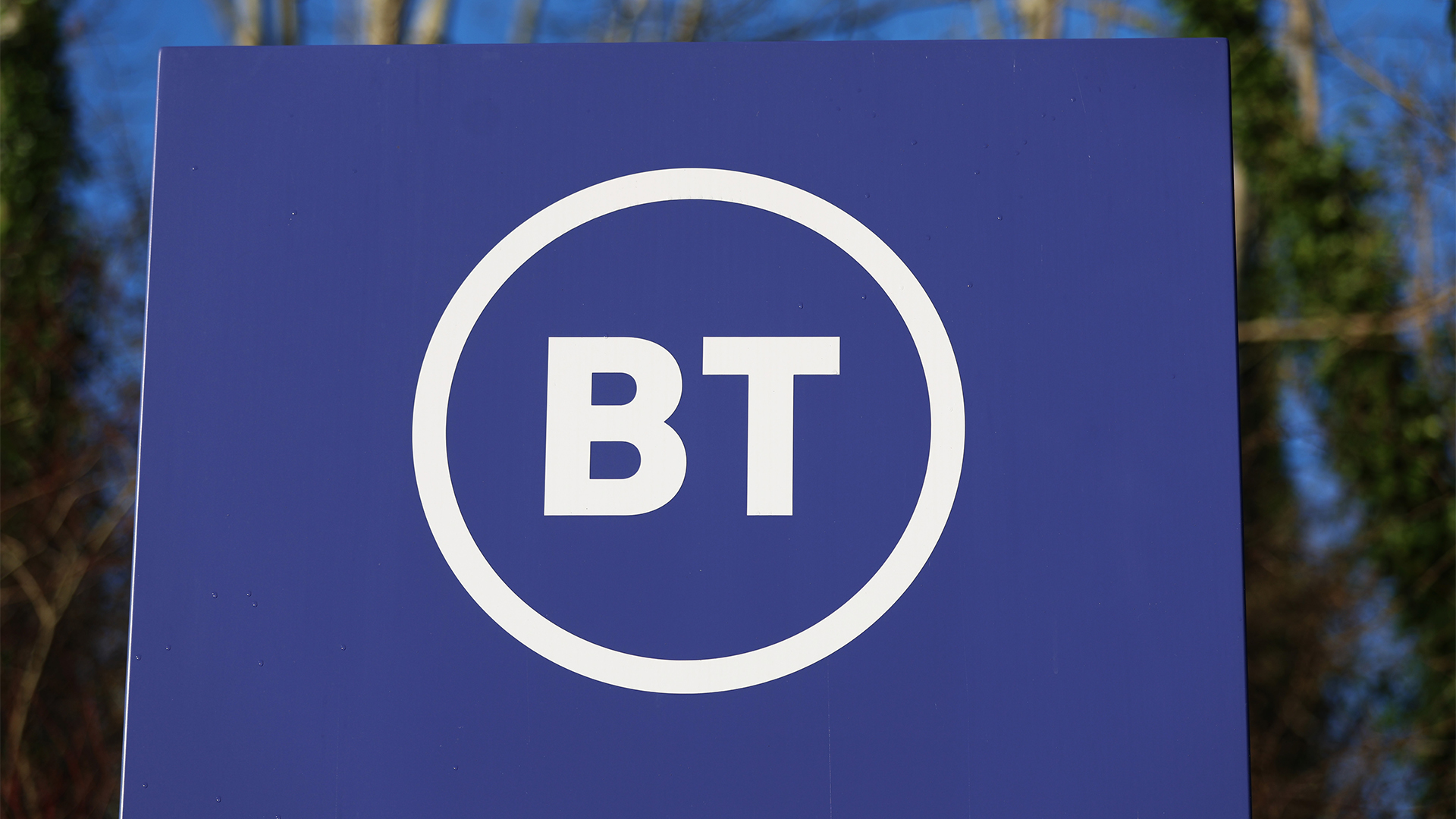 BT just extended the PSTN switch-off deadline — here’s what you need to know
BT just extended the PSTN switch-off deadline — here’s what you need to knowNews BT described the move as a “revision”, citing a series of improvements to the wider PSTN switch-off programme
By George Fitzmaurice
-
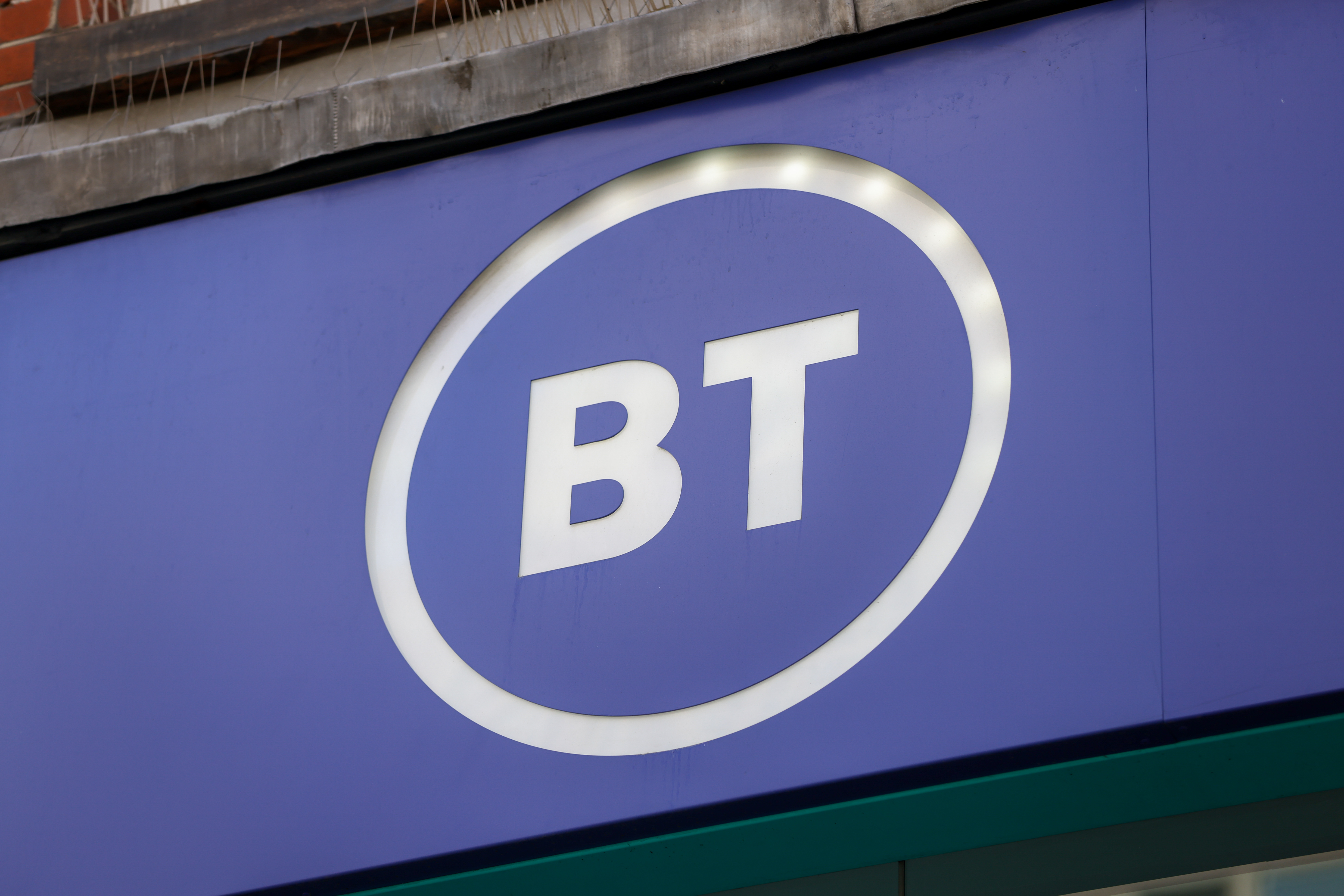 BT misses key Huawei kit removal deadline, but the telco is “almost over the line”
BT misses key Huawei kit removal deadline, but the telco is “almost over the line”News BT is still reliant on non-compliant Huawei equipment for 2G and 3G services
By Ross Kelly
-
 BT partners with HPE to deliver new global managed LAN service
BT partners with HPE to deliver new global managed LAN serviceNews The latest collaboration combines BT’s connectivity expertise with HPE Aruba Networking’s latest LAN solutions
By Daniel Todd
-
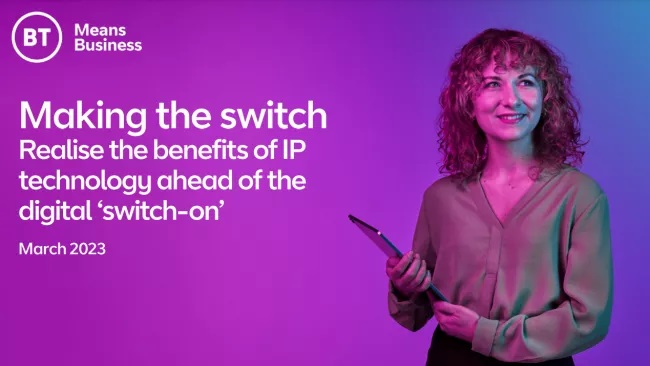 Making the switch
Making the switchWhitepaper Realise the benefits of IP technology ahead of the digital ‘switch-on’
By ITPro
-
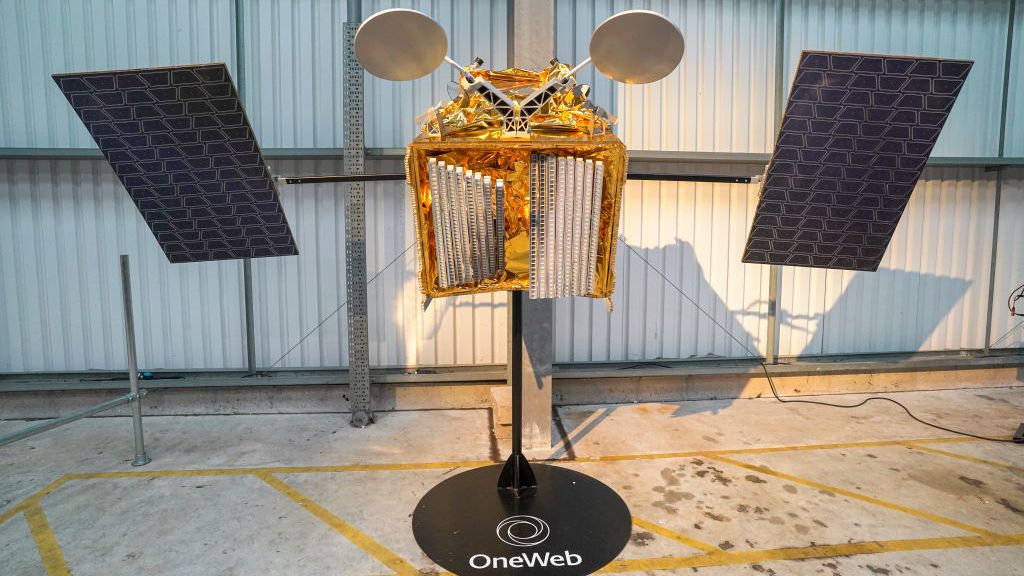 BT and OneWeb succeed in "game changer" satellite connection trial
BT and OneWeb succeed in "game changer" satellite connection trialNews Smaller businesses in rural areas could benefit from improvements to backhaul services using satellites, with speeds increasing by an order of magnitude
By Rory Bathgate
-
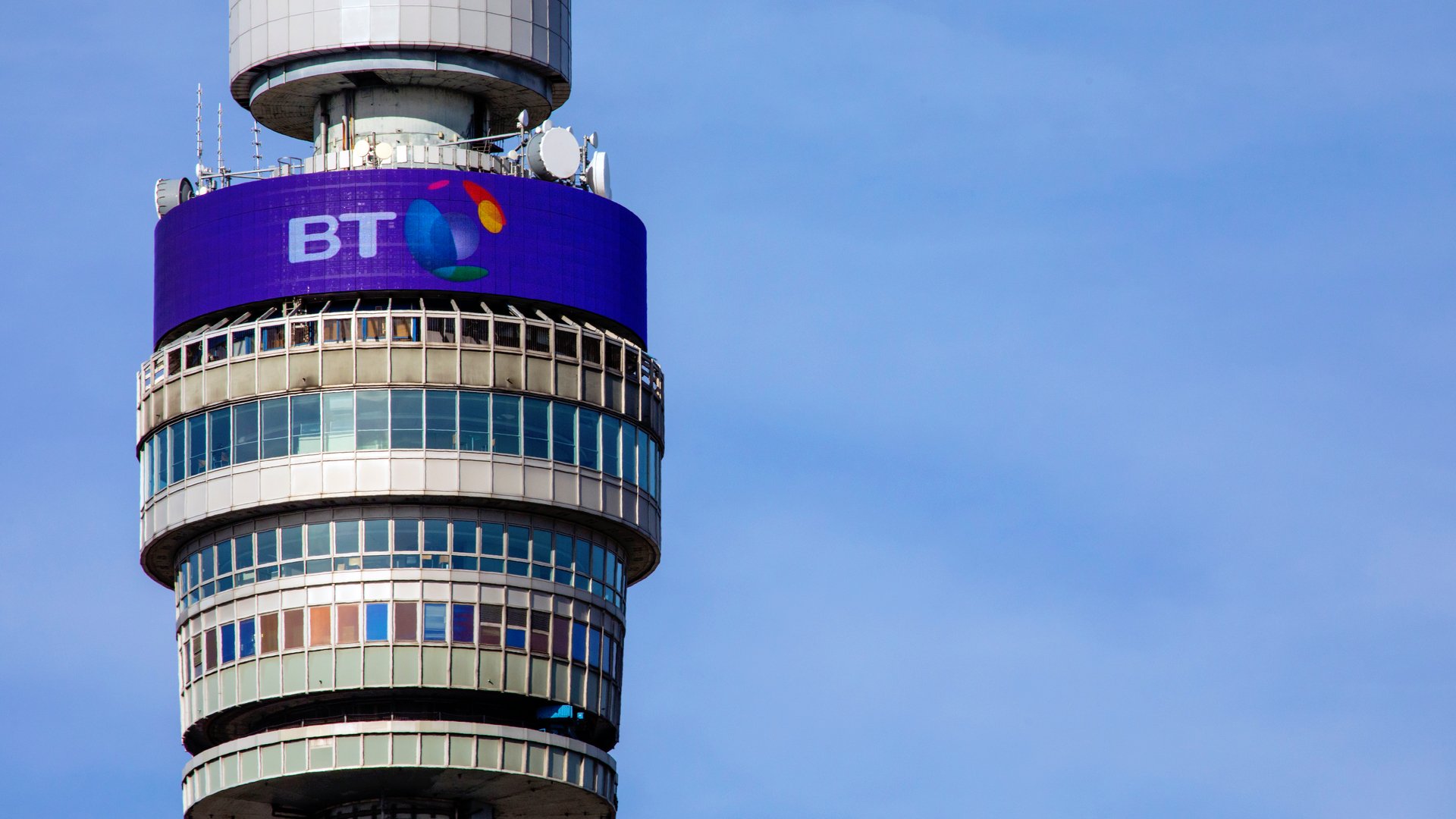 BT, Nokia crack four carrier aggregation on a 5G network in first for Europe
BT, Nokia crack four carrier aggregation on a 5G network in first for EuropeNews The breakthrough marks the first successful use of such technology on a live network, and could lead to dramatic network improvements
By Rory Bathgate